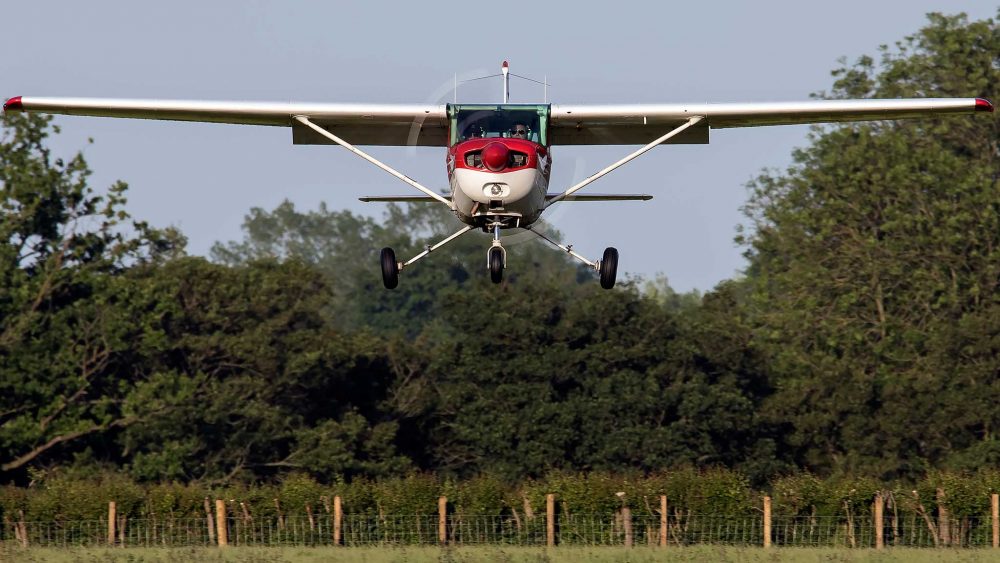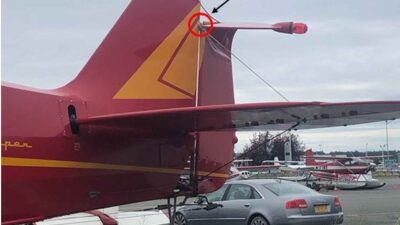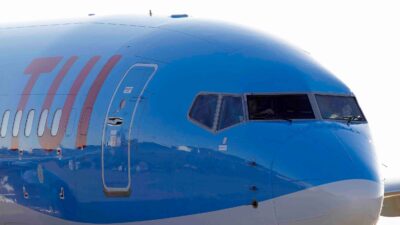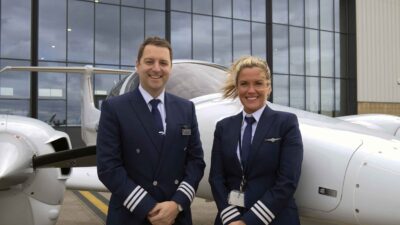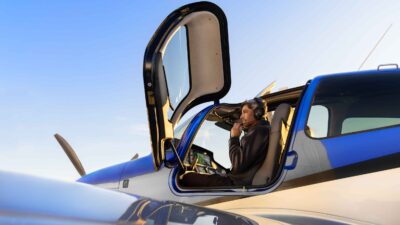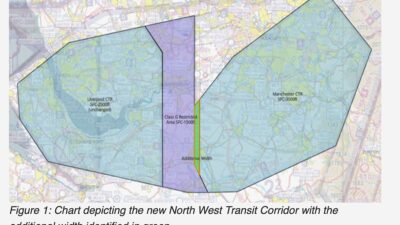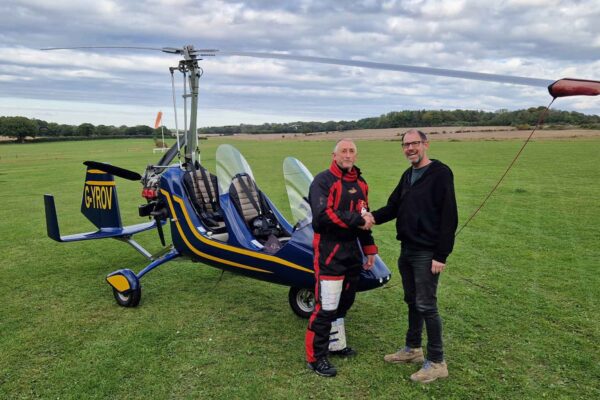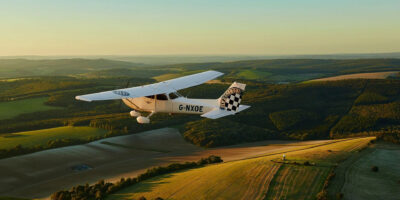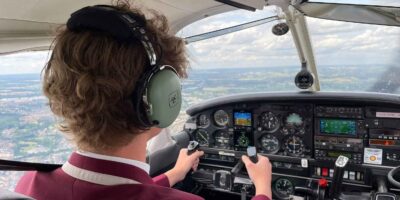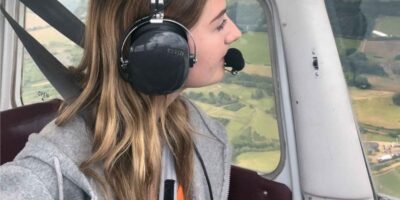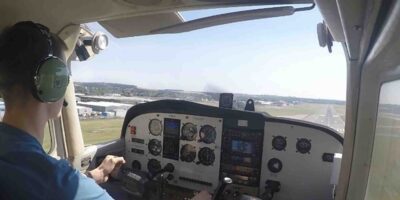Flying lessons are expensive so it’s important to make the most of your flying funds. Try to fly at least once a week during training or you’ll be playing catch-up.
Be as structured and organised as possible during the training. Making sure you know what the next lesson is going to cover, read the relevant material in your textbooks, and be prepared for the lesson. Turn up early, make sure your instructor knows you’re there and get a pre-flight briefing.
Pooleys publish useful guides which help you track the various exercises in the syllabus and how you should prepare. The guides also have space to record how the lesson went, and what you may need to practise more, which is a good way to monitor how you’re getting on.
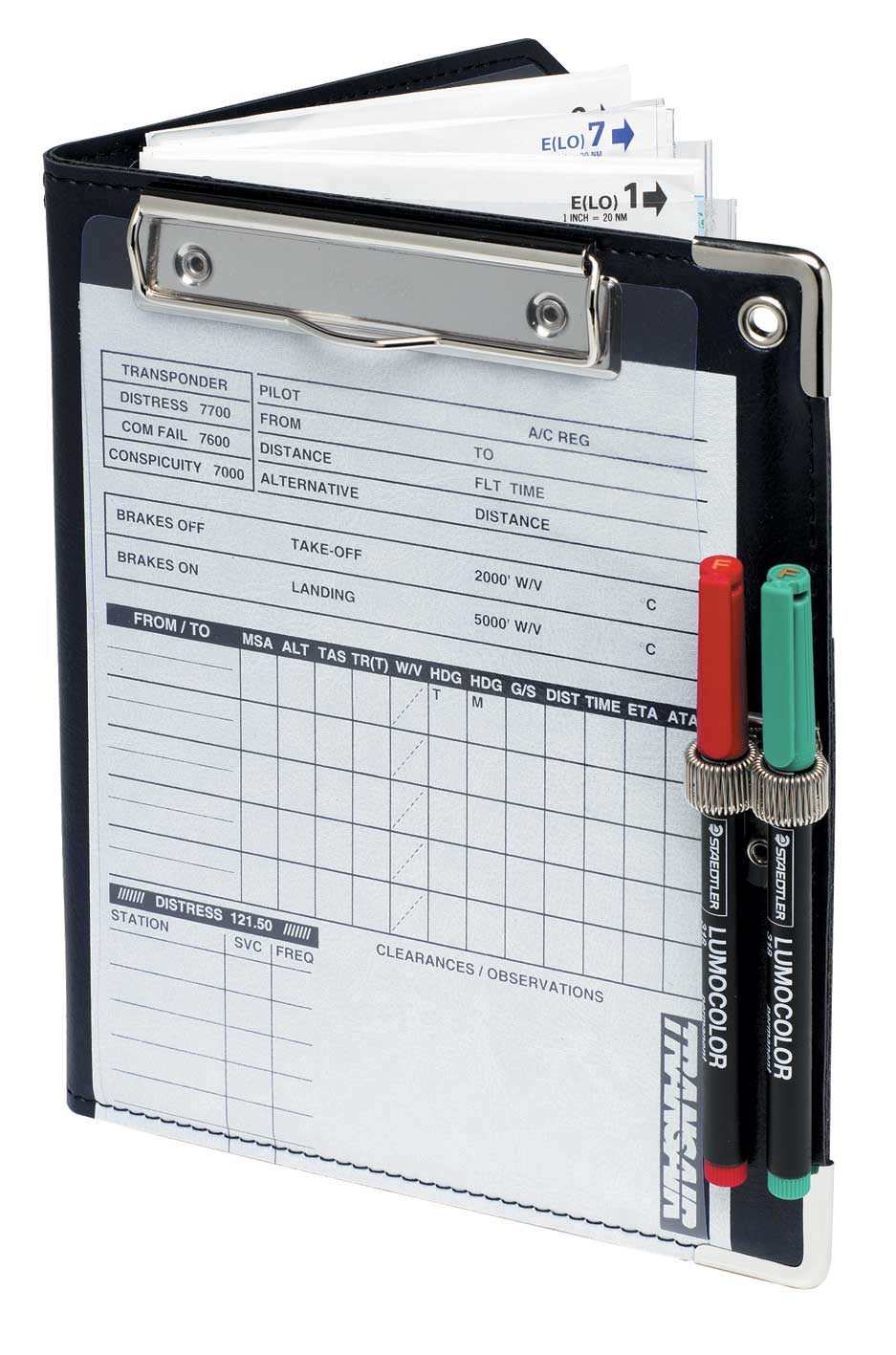
Be prepared for each flying lesson to make the most of the expensive time in the air.
Use your free time to rehearse checklists, especially ones which apply in the air, such as the en route (FREDA) and downwind (BUMMMFFITCH) checks, so they’re second nature. Rehearse radio calls and try visualising what’s likely to be happening when you make them.
Procedures such as the overhead join can be practised on the ground (don’t feel a fool – aerobatic pilots do this before a flight to fix the routine in their mind).
All this free ground prep will mean that you’ll get the maximum benefit from your expensive time in the air.
There are some flying scholarships and bursaries available to help pay for training but you’ll need to apply early and build a case. Try these associations:
The Honourable Company of Air Pilots
The Air League
Light Aircraft Association
The Royal Aero Club Trust
British Women Pilots’ Association


